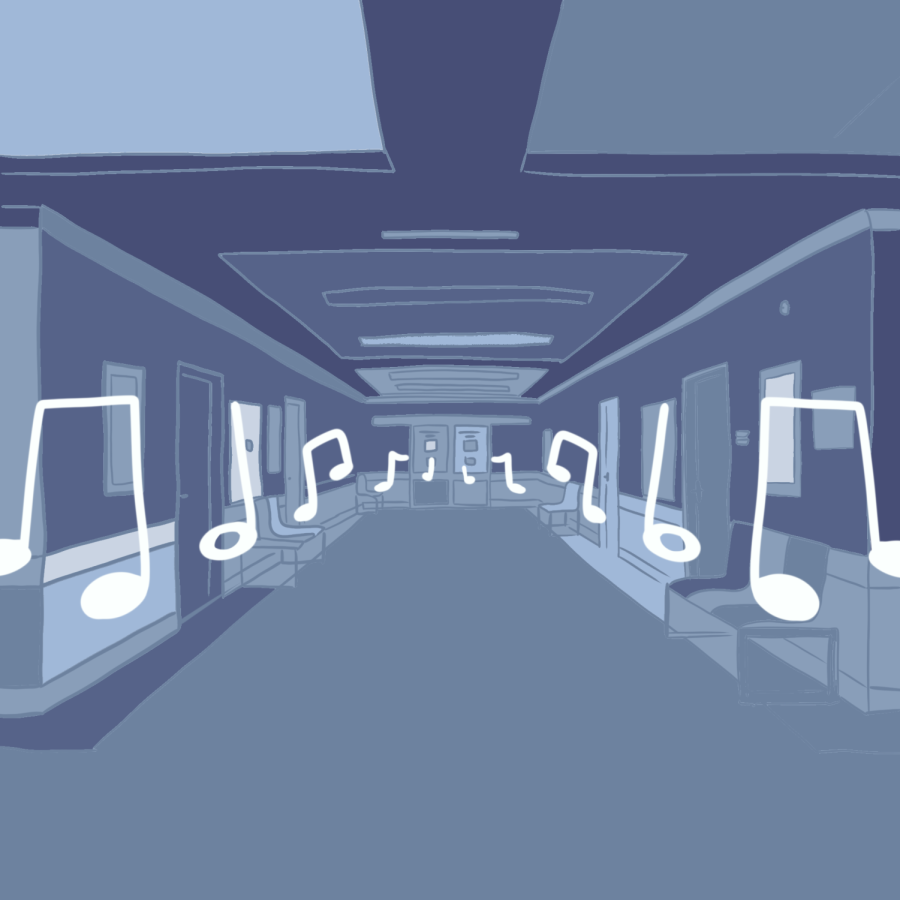Dell Med launches new music project offering free concerts at hospital
March 9, 2022
Dell Medical School launched a new music program Feb. 28 that will feature concerts in the hospital for patients and employees.
All members of the Dell Medical community are able to join the Red River Ensemble, which includes faculty, graduate students and clinicians, said Mark Bernat, the music services manager. The ensemble will feature 25 to 30 members and is currently seeking volunteers who play either string or wind instruments. The program seeks to offer a sense of community and networking opportunities for these Dell Medical employees and students, said Amy Lee, a neuroscience professor and cellist.
“It’s really helpful because this allows them a chance to participate in a group and perform music that is, in many ways, a really great creative outlet for people who are under a lot of stress in their professions,” Lee said. “A lot of people in the sciences and other fields play musical instruments, and there are not too many opportunities for everyone to play music together.”
The ensemble is projected to start in the next few weeks. Bernat said he plans to hold rehearsals once a week and performances at the Dell Seton Medical Center at UT once to twice a month that will be free to view in an effort to give members the opportunity to perform while also not obstructing their busy schedules. The first concert is scheduled to be in May.
The ensemble plans to perform on the ground floor atrium of the hospital, but there are hopes to expand to other floors, Bernat said.
Derek Yan, a third-year medical student and violinist, said he is glad this program is beginning because being a medical student doesn’t give him a lot of time to play music.
“Coming from the medical side, I’ve gone through rotations now and have seen how much suffering goes on in the hospital, and how much there is a need for some things that medicine can’t treat or fix,” Yan said.
Bernat was part of a similar program at the University of Iowa, and he said families of patients told him that his music gave them relief while they waited. While this program is not associated with music therapy, studies show that music can have a positive effect on patients’ recovery by stimulating their brains and lifting their moods.
“That’s what it’s all about. Because music turns out to be the greatest healer of all, it’s probably better than painkillers,” Bernat said. “For some people, it’s a lifesaver.”











